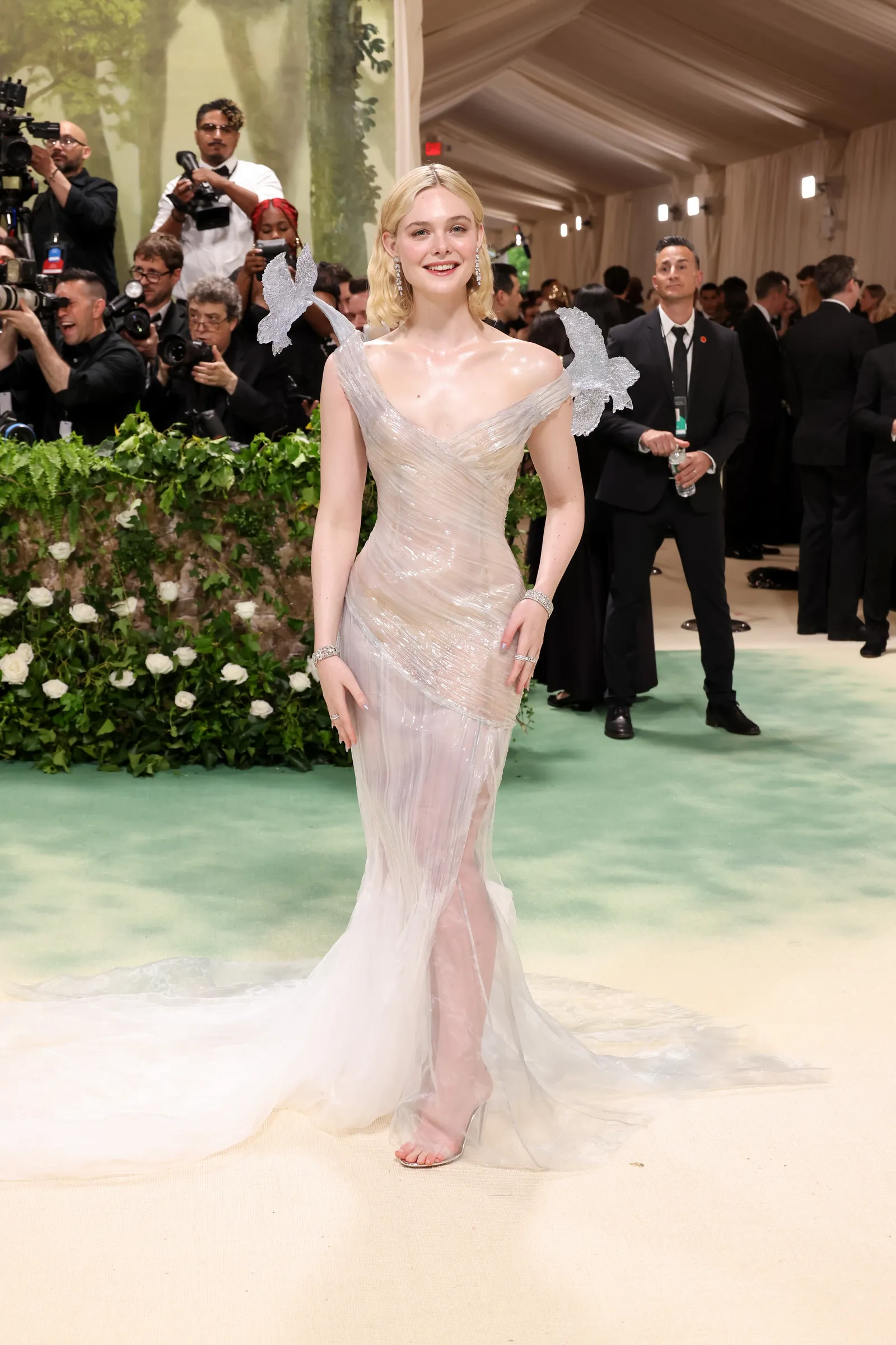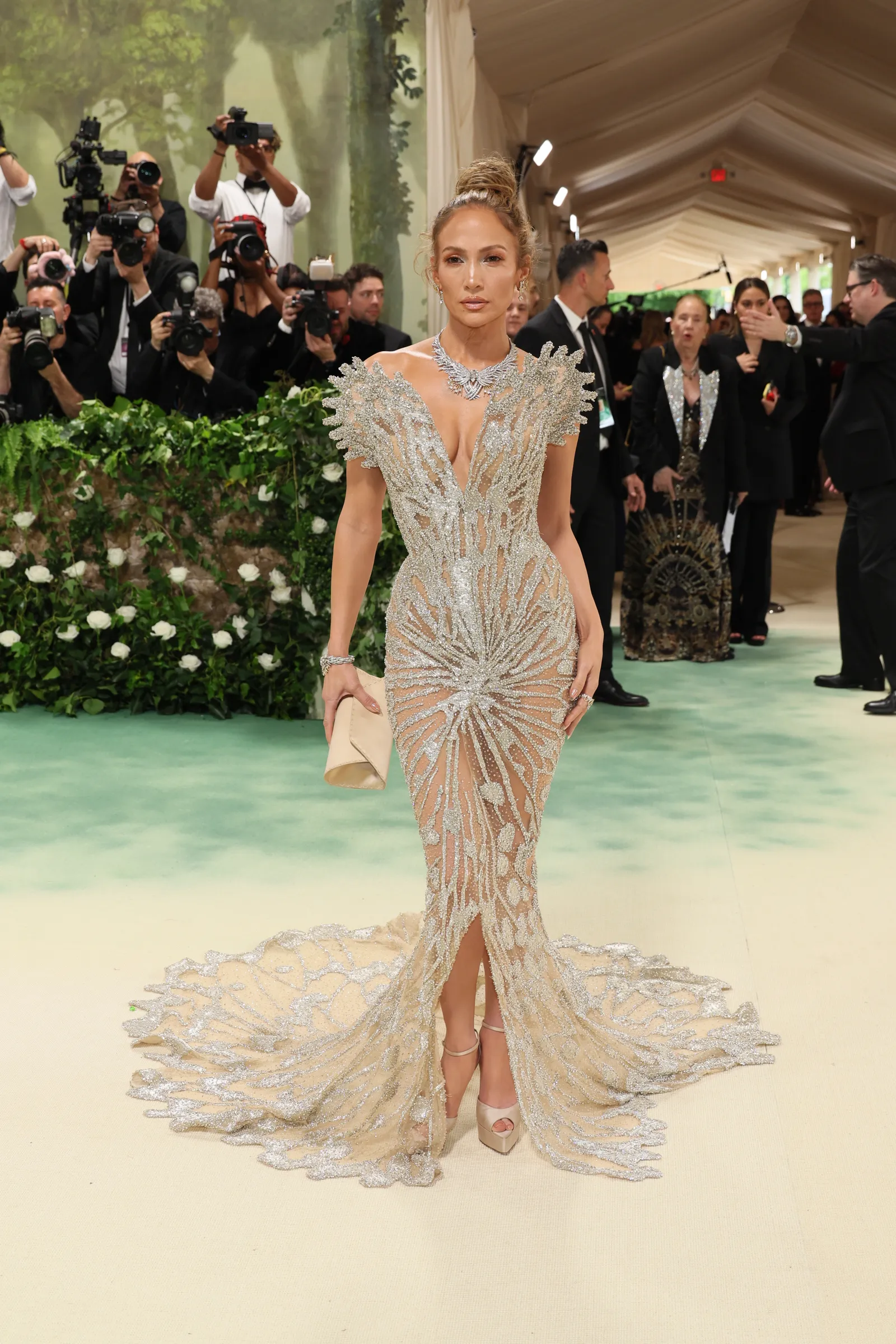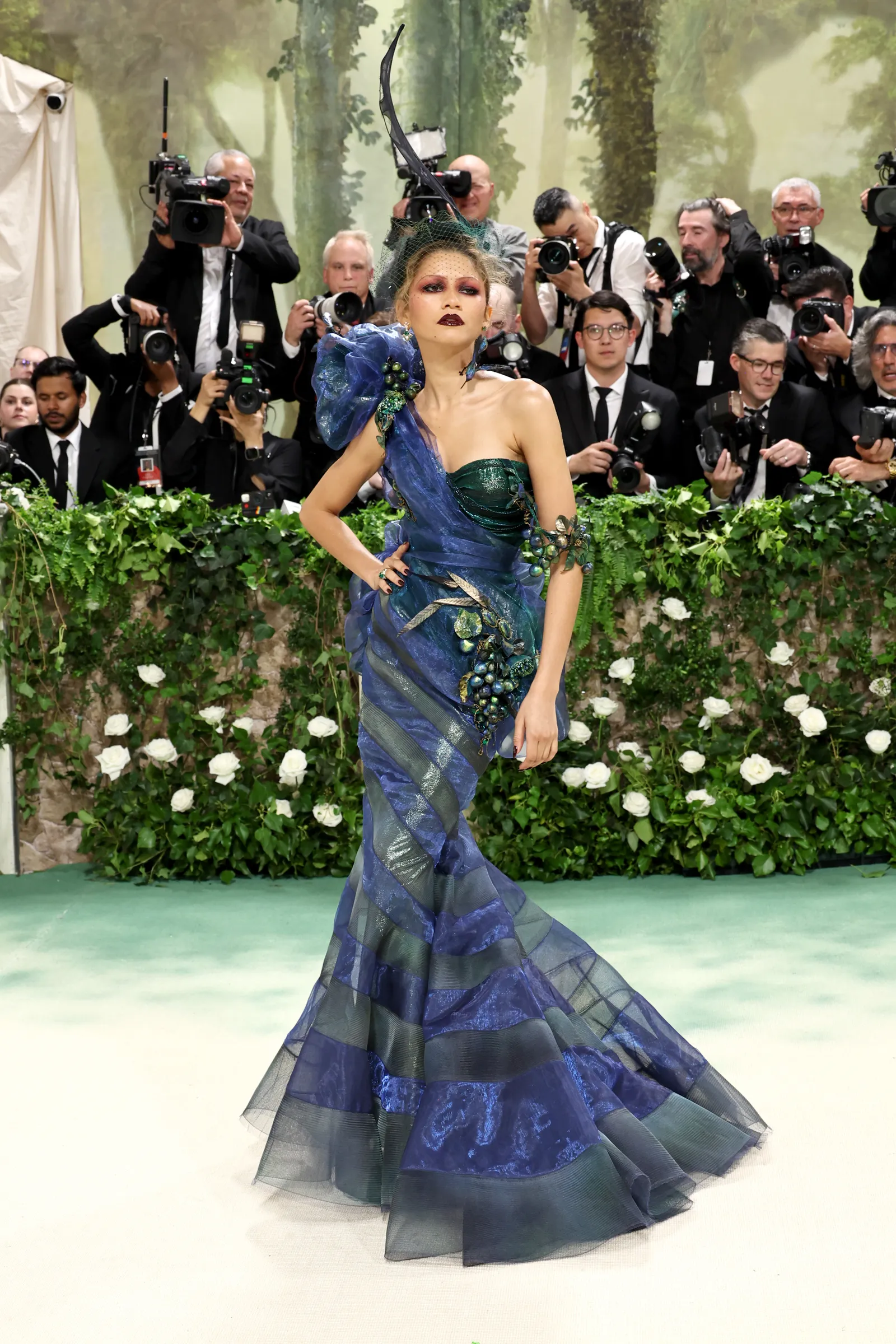There was a time when the Met Gala could do no wrong. The same could be said of celebrities. At the beginning of May, when these two forces collide, most with a keen interest in pop culture take note. But in the past few years, things have been getting a bit tense. From the rising list of influencers being invited as opposed to the conventionally famous and wealthy, to sickening (not in a good way) publicity stunts like Kim Kardashian annihilating Marilyn Monroe’s Naked Dress, people have become critical of the whole idea of celebrity.
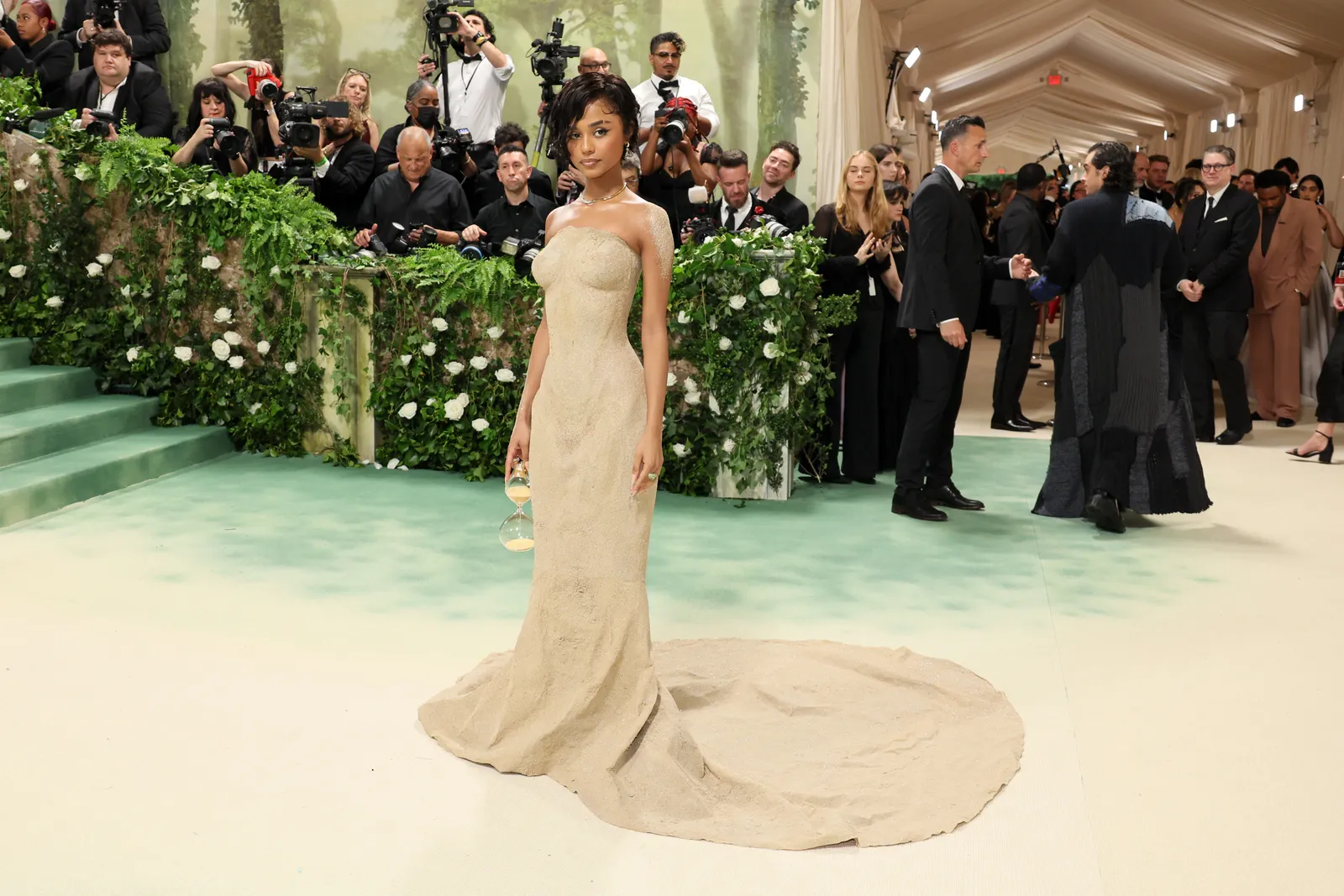
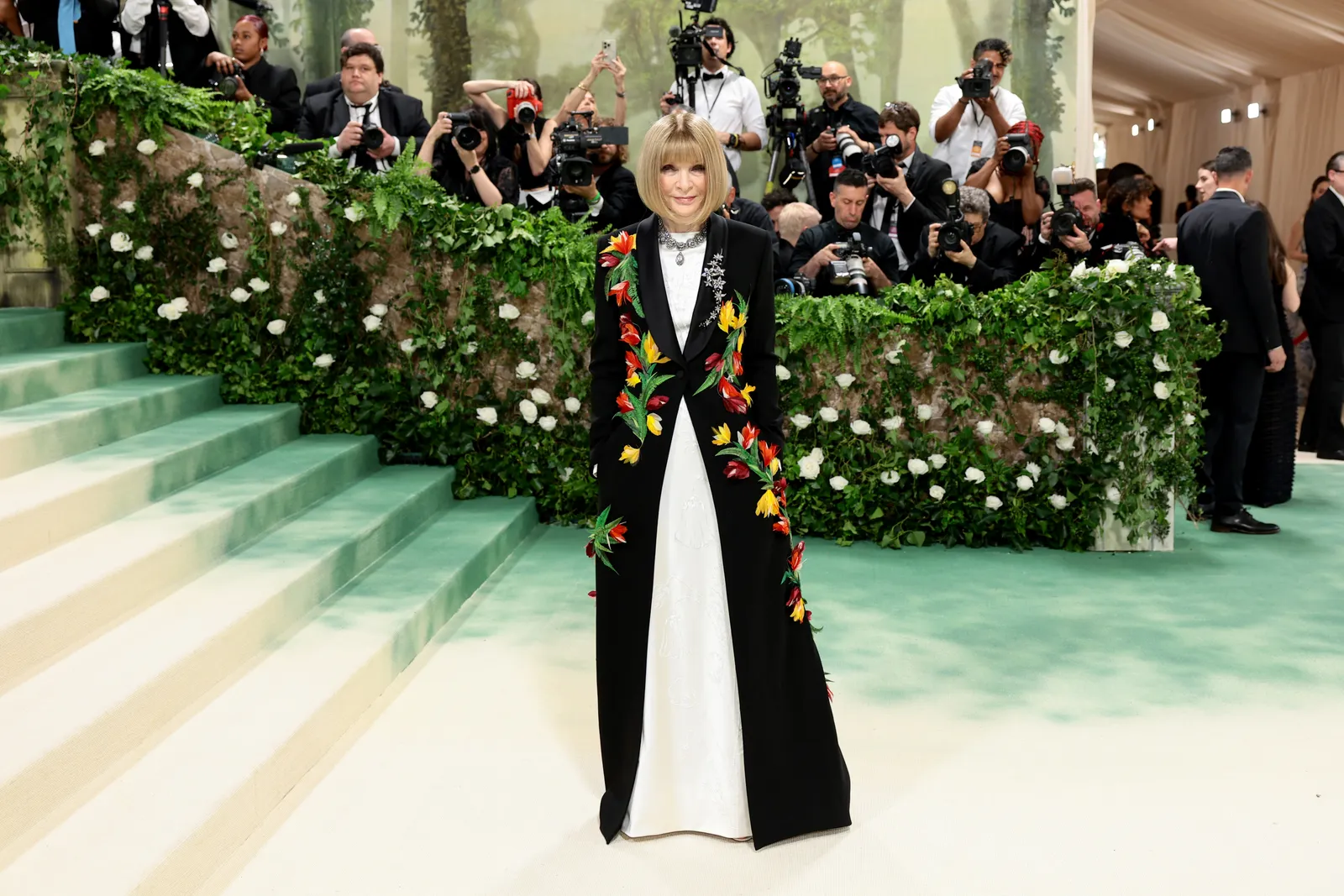
Over the past few decades, celebrity culture has evolved significantly. Initially thriving on paparazzi culture and the allure of the celebrity lifestyle in the early 2000s, the Internet, enabled direct communication between celebrities and their audience, breaking down barriers and revealing their true selves. But this led to public disillusionment, realizing celebrities are not inherently superior but self-interested individuals. The pandemic further intensified these sentiments as people spent more time online, making celebrities visible symbols of privilege.
The consensus is that this year’s Met Gala was the catalyst, but the truth is that this movement has been a long time coming, with many having criticised celebrities for being out of touch, for years now. The Met Gala was first established in 1948, by Eleanor Lambert, a notable figure in the fashion world. Over time, the event evolved under the influence of the then-Vogue Editor, Diana Vreeland, who introduced thematic elements and expanded the guest list to include prominent figures from both fashion and entertainment.
Under Vreeland’s direction, the gala became more elaborate and celebrity-focused, eventually transitioning to its current venue at the Metropolitan Museum of Art in New York. Anna Wintour took the reins in 1995 and now curates the exclusive event’s star-studded guest list. Witour’s Met Gala has become synonymous with opulence and extravagance, cementing its status as a pinnacle of celebrity culture. Celebrities show up year after year in elaborate costumes supposedly to support the Costume Institute of the Metropolitan Museum.
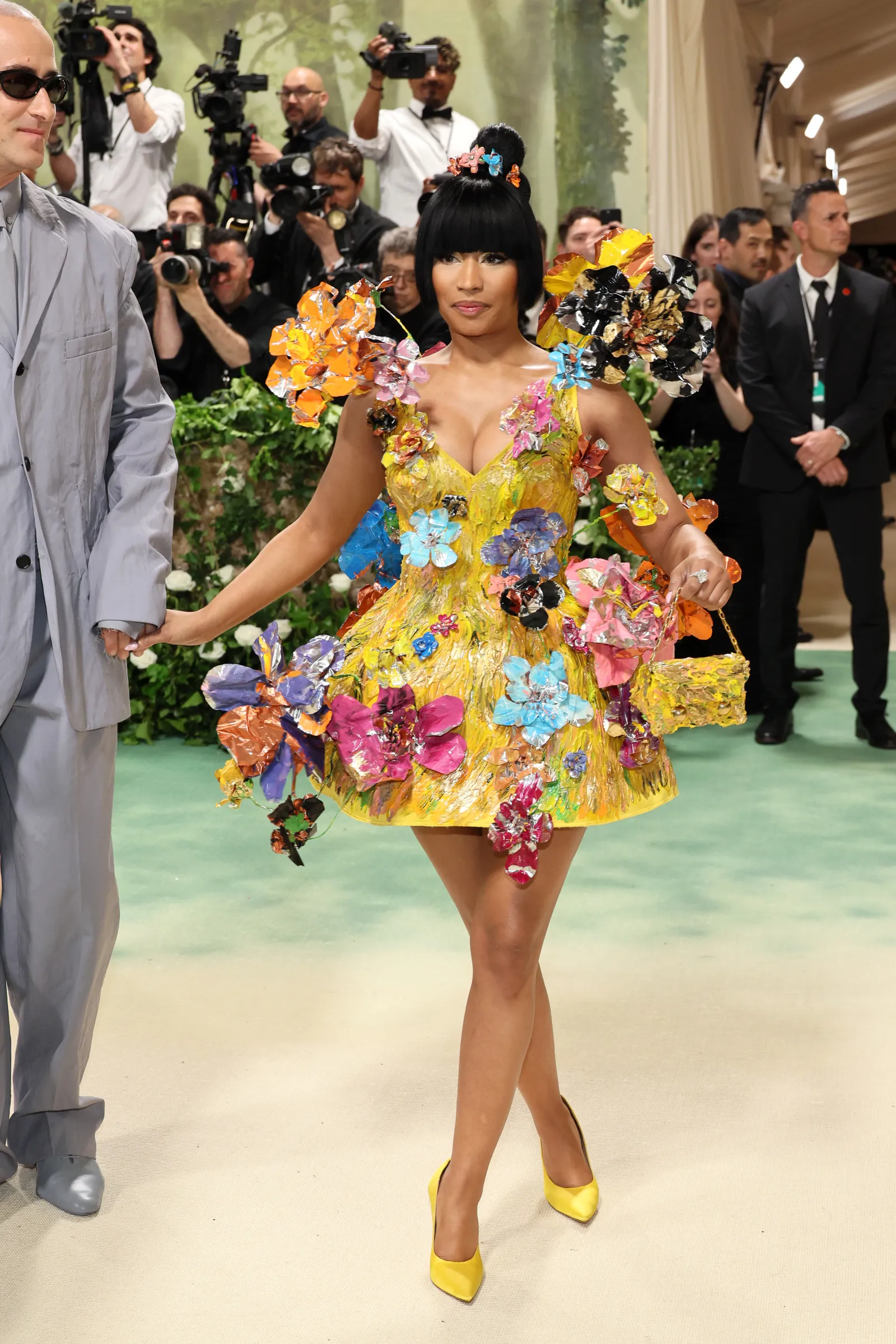
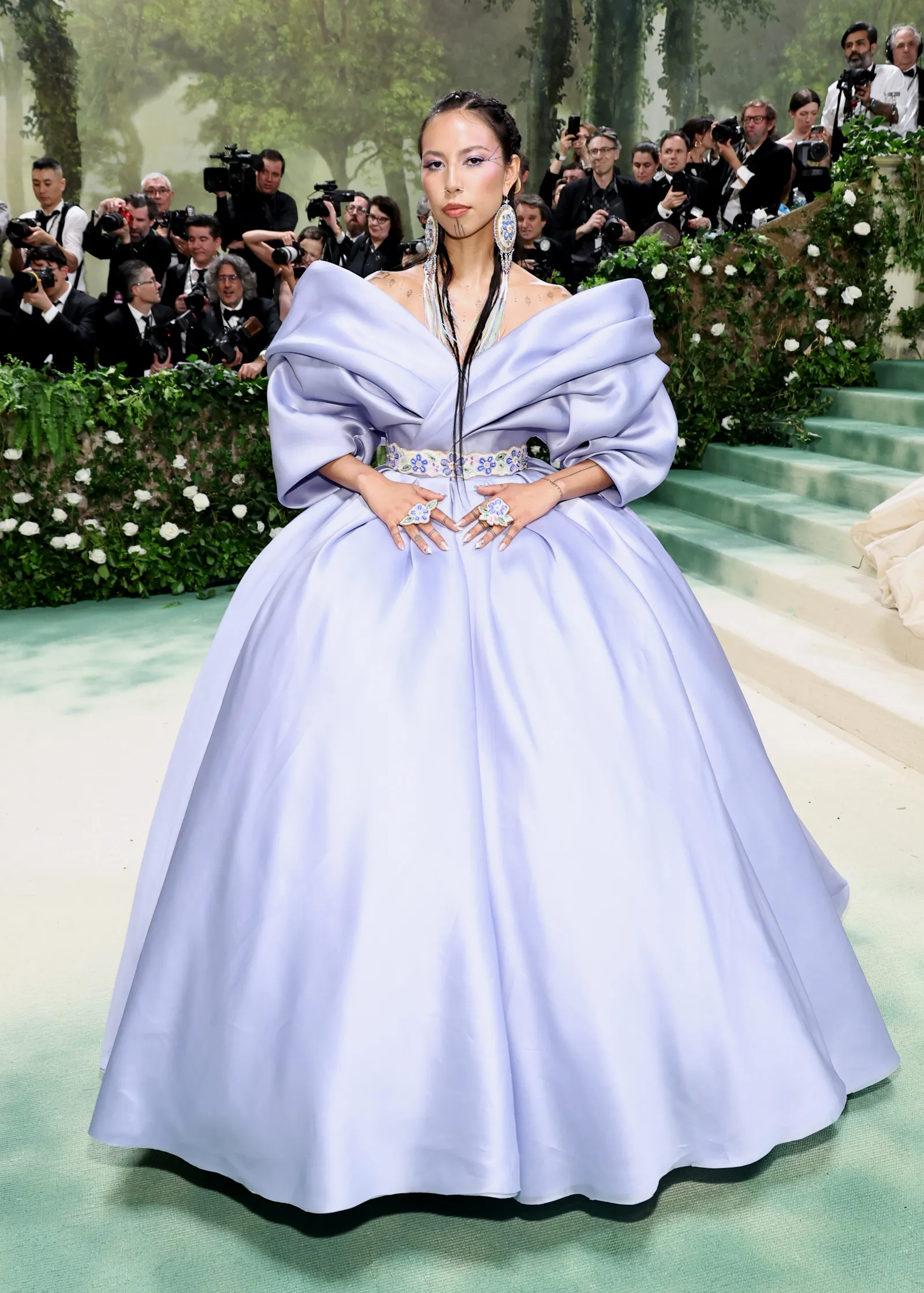
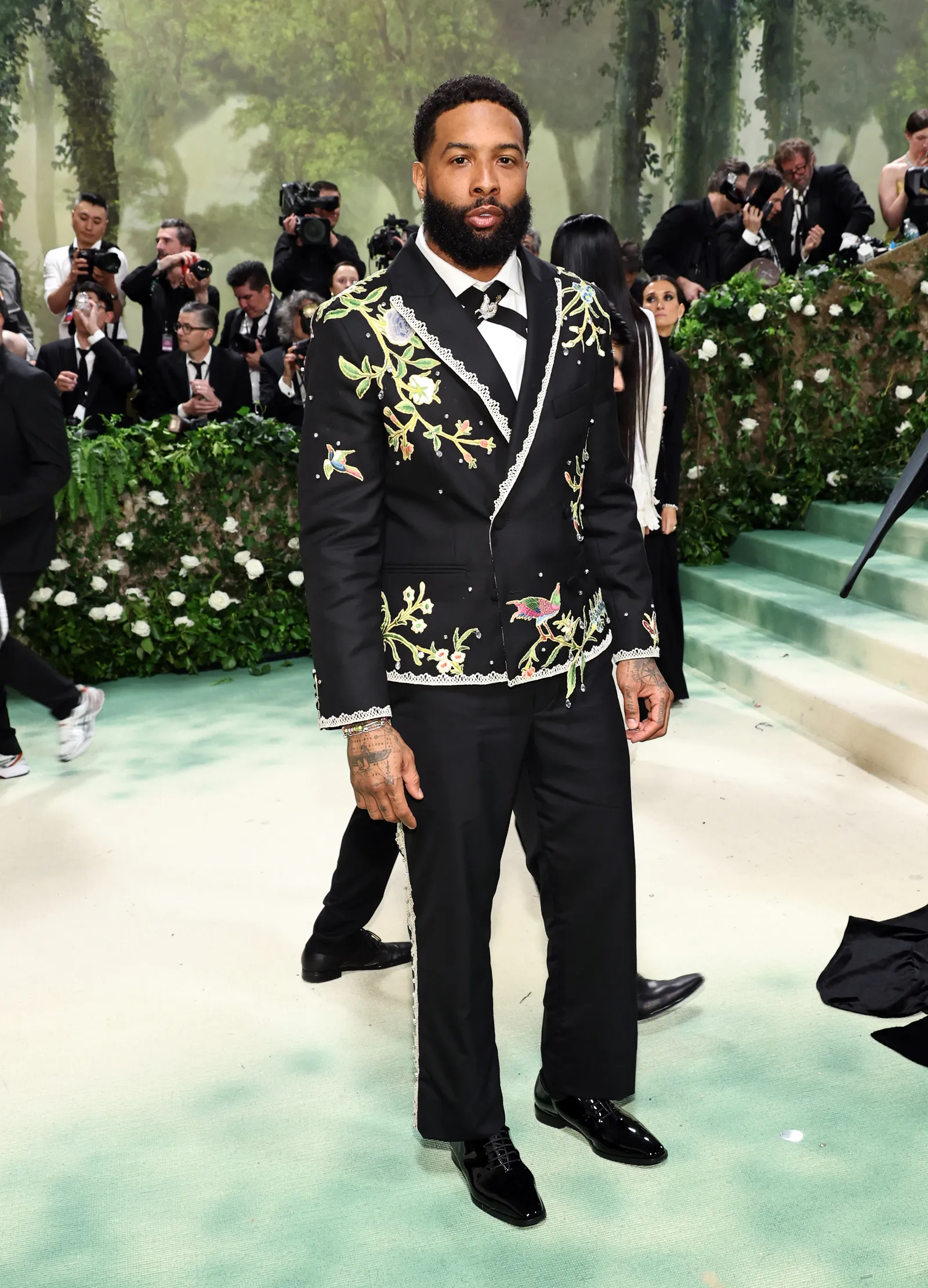
Over the years, the event’s prestige has grown, along with its price tag. In the late 1970s tickets were under $1,000, now it’s $75,000 per guest. For many, this exorbitant fee is unfathomable, especially in this economy. When there is so much inequality in the world, extravagant displays of wealth can be seen as tone-deaf. This year’s Met Gala proved just that. Based on J.G. Ballard’s The Garden of Time (1962), the theme raised parallels with privilege, wealth, societal stagnation and resistance to progress.
Embarrassingly, social media influencer Hayley Baylee’s controversial post, (mis)quoting Marie Antoinette’s “let them eat cake” line, tainted the Gala as a dystopian spectacle, prompting calls for mass blocking of celebrities and influencers failing to promote social change. While some see blocking celebrities as performative, silence on critical issues like the Gaza or Congo crisis shouldn’t be rewarded with unwavering support. While celebrity idolisation has to end, the aim should be for real political change instead of solely targeting celebrity culture.
Some would argue that the Met Gala is irrelevant. Most years, the critique is the lack of creativity in responding to the themes, but this year, things took a more serious turn, which is good. However, while online commentators are productively debating the Hayley Baylee video (which she later deleted and apologised for), activist voices within the movement, are silenced, likely due to celebrity intervention and low media coverage. Nonetheless, the surge of social movements on TikTok shows how shared global struggles with systemic oppression and growing wealth gaps are. Change is inevitably coming.
